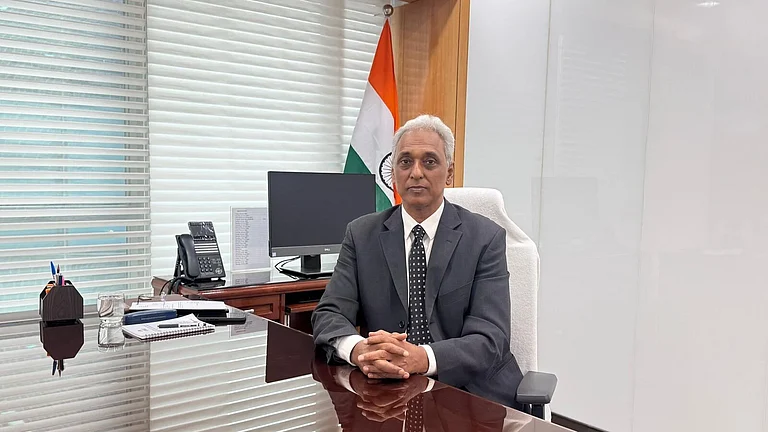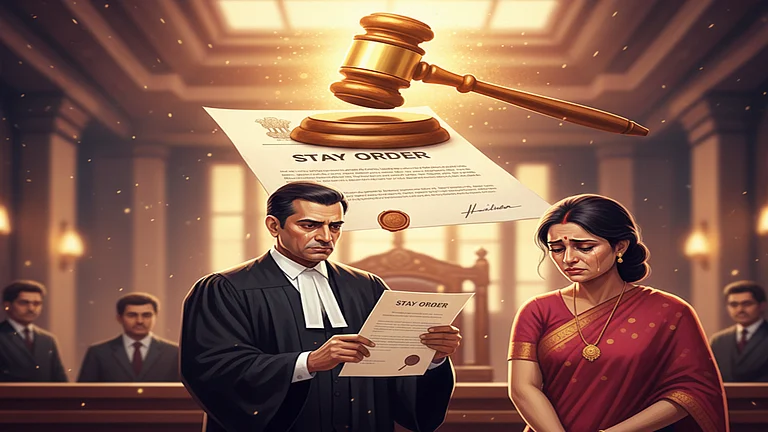
Summary of this article
Supreme Court emphasises retirement benefits as legal entitlements of employees. The court dismissed the appeal by Panchayat and Rural Development Department against the order passed by High Court earlier, directing the department to pay pension and gratuity with in full along with the interest for the delayed period
Retirement benefits are the rightful entitlements of employees. In a recent judgement related to adjusting a government employee's pension and gratuity against some previous payments, the Supreme Court of India reaffirmed the fundamental rights of employees regarding pension and gratuity. The Court emphasised that the entitlement earned through service cannot be arbitrarily withheld. The apex court dismissed the employer's (appellant) appeal challenging an order passed in a Writ petition, earlier.
The Panchayat and Rural Development Department (appellant), Madhya Pradesh, filed the appeal. The respondent, Santosh Kumar Shrivastava, was a retiree from the department. He joined the service in 1980 and retired in 2013. During his service, the Madhya Pradesh government implemented M.P. Revision of Pay Rules in 2009. According to these rules, his pay was revised by order dated December 14, 2011. He retired on June 30, 2013, but his pension and gratuity were not released.
On January 23, 2014, the government quashed its 2011 order and thus downgraded his pay scale, too. Sharma filed a writ petition, and then on July 23, 2014, his salary refixation was withdrawn. However, despite these issues and their rectification, the department didn't release his retirement payments.
They cite the reason that he kept occupying the official house. Eventually, he vacated the house on August 31, 2015. Still, no payment was made to him. Finally, on February 10, 2016, he was paid the pension and gratuity, but after deducting Rs 1,56,187 as penal house rent and Rs 1,46,466 as excess payment of salary.
Sharma, then, filed the Writ, and the single judge bench held that "since the amounts were not paid to him forthwith on his retirement, the appellants could not have charged him for illegal occupation of his government residential premises." It held the recovery of the amount as illegal and directed the appellants to pay 6 per cent interest on the total amount to be refunded to the respondent. Having noted the delay in payment, it also directed them to pay interest (6 per cent) from the date of superannuation till payment on the pension and gratuity already paid to him.
Supreme Court Order
When the appellant filed an appeal against the order, the Supreme Court also observed the delay of around three years in the retirement payment. Further, it found no valid reasons given by Madhya Pradesh authorities for delaying the payment.
The Court said that "the payment of retiral dues/gratuity/pension is not a matter of bounty but in fact a matter of right of every employee."
It held, "Pension and other retirement dues are benefits that have been earned by an employee due to the service rendered to the institution paying the pension/other retirement benefits. The grant of a residence corresponds to the position held at the time by such employee. The width of these two aspects is separate and distinct. Pension and retirement benefits accrue from a much wider base as the culmination of all efforts across employment, whereas the latter is only for a limited time, till such a person is holding that position. The latter cannot obstruct or defeat the former. The appellant cannot be allowed to withhold a duly accrued right on this count."
The Supreme Court found the single judge's order for the Writ petition in the High Court error-free and dismissed the appeal of the Panchayat and Rural Development Department.


















